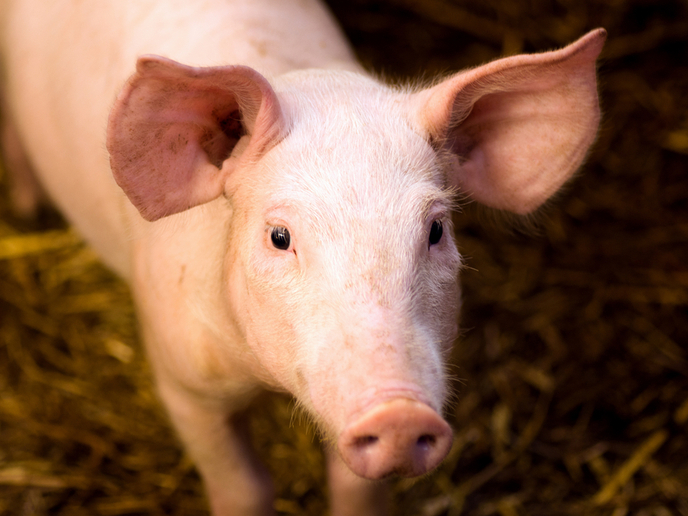New technology restores dead pig cells and organs – are we next?
Can a breakthrough involving pigs make us rethink what we know about dying? Apparently, cells don’t die as quickly as the science community thought. Research published in the journal ‘Nature’(opens in new window) reveals that death in cells isn’t immediate, but rather an intricate biological process that could potentially be stopped.
Not bringing animals magically back to life
Scientists from Yale University in the United States have restored pigs’ cells and organs that had been dead for a full hour using a treatment involving synthetic blood. Cardiac arrest was induced in nearly 100 pigs under anaesthetic. The pig cells were treated with a new technology they developed called OrganEx. This cutting-edge system allows oxygen to be recirculated throughout a dead pig’s body. This preserves cells and several organs after a cardiac arrest. Certain key cellular functions were active in many areas of the pigs’ bodies about 6 hours after treatment with OrganEx. These included in the heart, liver and kidneys. Some organ function had also been restored. “We can restore some functions of cells, across multiple vital organs, that should have been dead,” senior author Nenad Sestan, a Harvey and Kate Cushing Professor of Neuroscience and professor of comparative medicine, genetics and psychiatry at Yale School of Medicine, told the ‘BBC’(opens in new window) “These cells are functioning hours after they should not be.” Co-author Dr Zvonimir Vrselja at the Department of Neuroscience, Yale School of Medicine, explained: “Things are not as dead as we previously presumed - we have demonstrated that we can actually initiate cell-repair on a molecular level. We can persuade cells not to die.” The question is inevitable. Could this research and technology be applied in bringing a human back from the dead? “In order to do that, there’s a great deal more experimentation that would be required,” Dr Stephen Latham, director of the Yale Interdisciplinary Center for Bioethics, told ‘Reuters’(opens in new window). “And you’d have to think about what is the state to which a human being would be restored.” The OrganEx technology has several potential applications. It could extend the health of human organs during surgery and expand availability of donor organs. There are millions of people around the world waiting for transplants. However, the researchers were clear that they didn’t bring the pigs back to life. In addition, much more research is needed to shed light on whether the organs will be usable for transplants. “We couldn’t say that this study showed that any of the organs of this pig were ... ready for transplant into another animals [sic], we don’t know that they’re all functioning, what we’re looking at is at the cellular and metabolic levels,” explained Dr Latham to ‘CNN’(opens in new window). “And we’re nowhere near being able to say, ‘Oh, my goodness, we’ve restored life not only to this pig, but to any of the individual organs.’ We can’t say that yet. It’s still very much too early.” “There are numerous potential applications of this exciting new technology,” Dr Latham concluded in a Yale news release(opens in new window). “However, we need to maintain careful oversight of all future studies, particularly any that include perfusion of the brain.”



